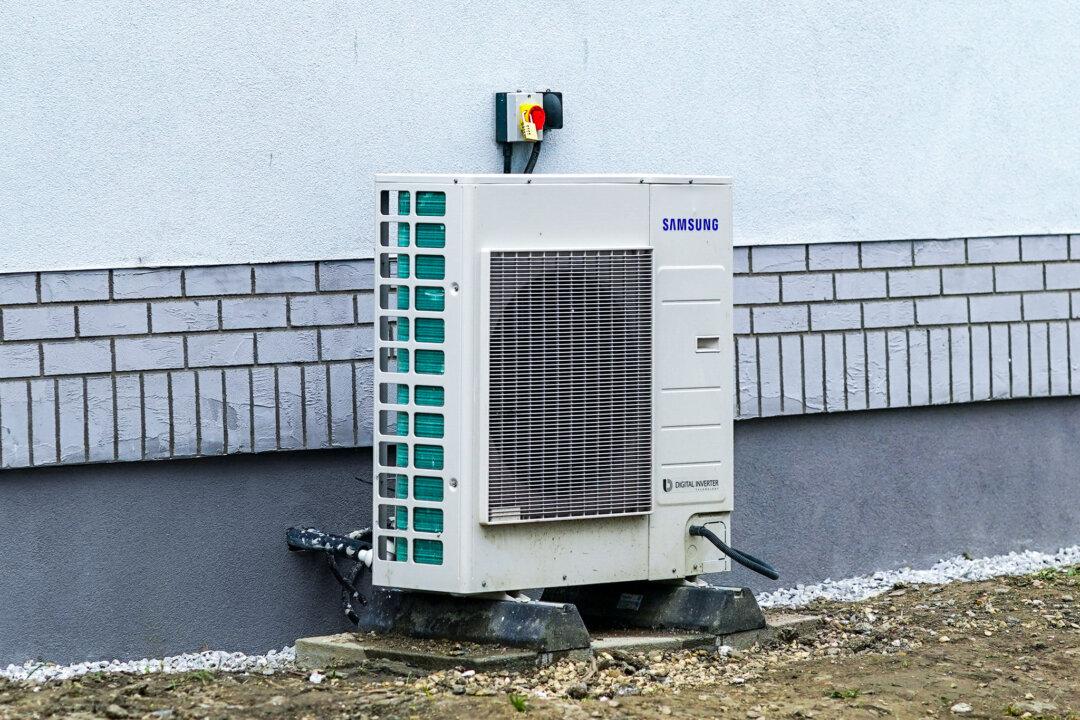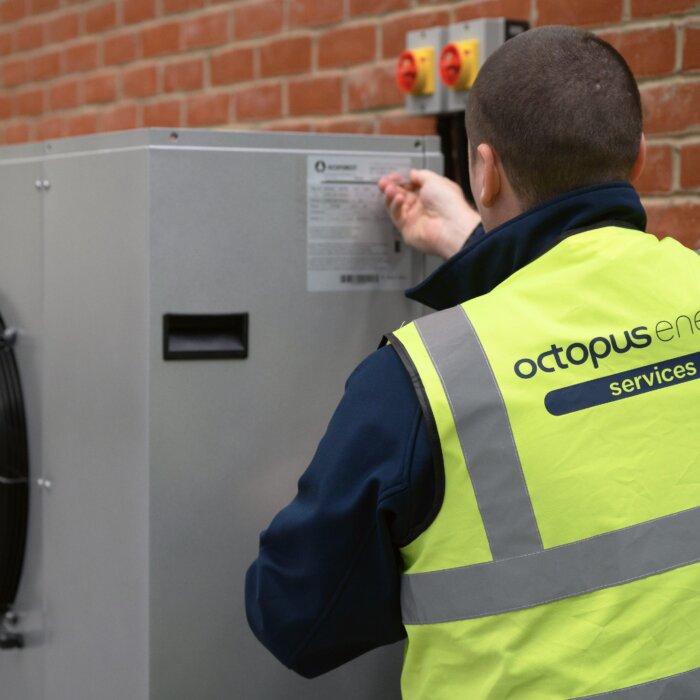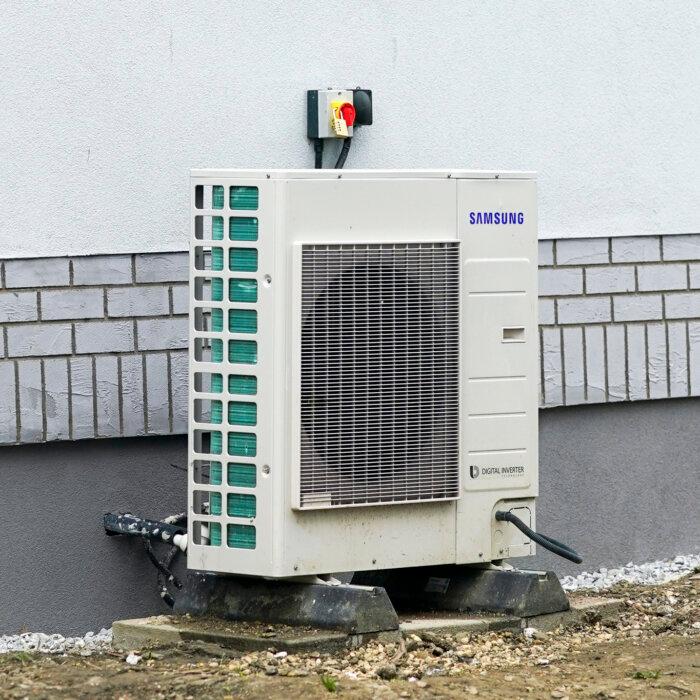The Welsh government said that most homes need to be heated with electricity, mainly heat pumps, as part of its strategy to achieve net-zero emissions.
This move aligns with Wales’s broader goal of meeting 100 percent of its electricity demand with renewables by 2035.
Heat pumps, run on electricity and work like a fridge in reverse to extract energy from the air or ground.
In its new Heat Strategy released on Monday, Jeremy Miles, former Cabinet secretary for economy and energy, said that the “scale of the challenge is significant.”
“Heat accounts for approximately 50 percent of our total energy use in Wales, therefore the Heat Strategy is a very important part of our plans to meet our commitment to achieve net zero by 2050,” he said.
The report said that electrification is “the solution for the vast majority of building heating.”
“It is why we are calling on the UK Government to rebalance the cost of electricity relative to gas, removing levies placed on electricity to general taxation,” it added.
Skill Shortage
Last month, the innovation charity Nesta released a survey citing that the UK heat pump industry needs a tenfold increase in installers to meet net-zero targets.The Heat Pump Association has estimated that around 50,000 installers might be needed by 2030, while Nesta’s previous research has suggested a slightly lower figure of 37,000.
Affluent Groups
In May, an influential committee raised concerns that most households benefiting from heat pump subsidies are from affluent groups.The House of Commons Committee of Public Accounts which scrutinises government expenditure and taxpayer money, said that government net zero home grants are likely only being used by the wealthy.
The Boiler Upgrade Scheme, launched in April 2022, provides £7,500 grants to encourage property owners to replace existing fossil fuel heating with heat pumps, which run on electricity and work like a fridge in reverse to extract energy from the air or ground.
An average heat pump is four times more expensive than a gas boiler, and electricity prices mean heat pumps can be more expensive to run.







